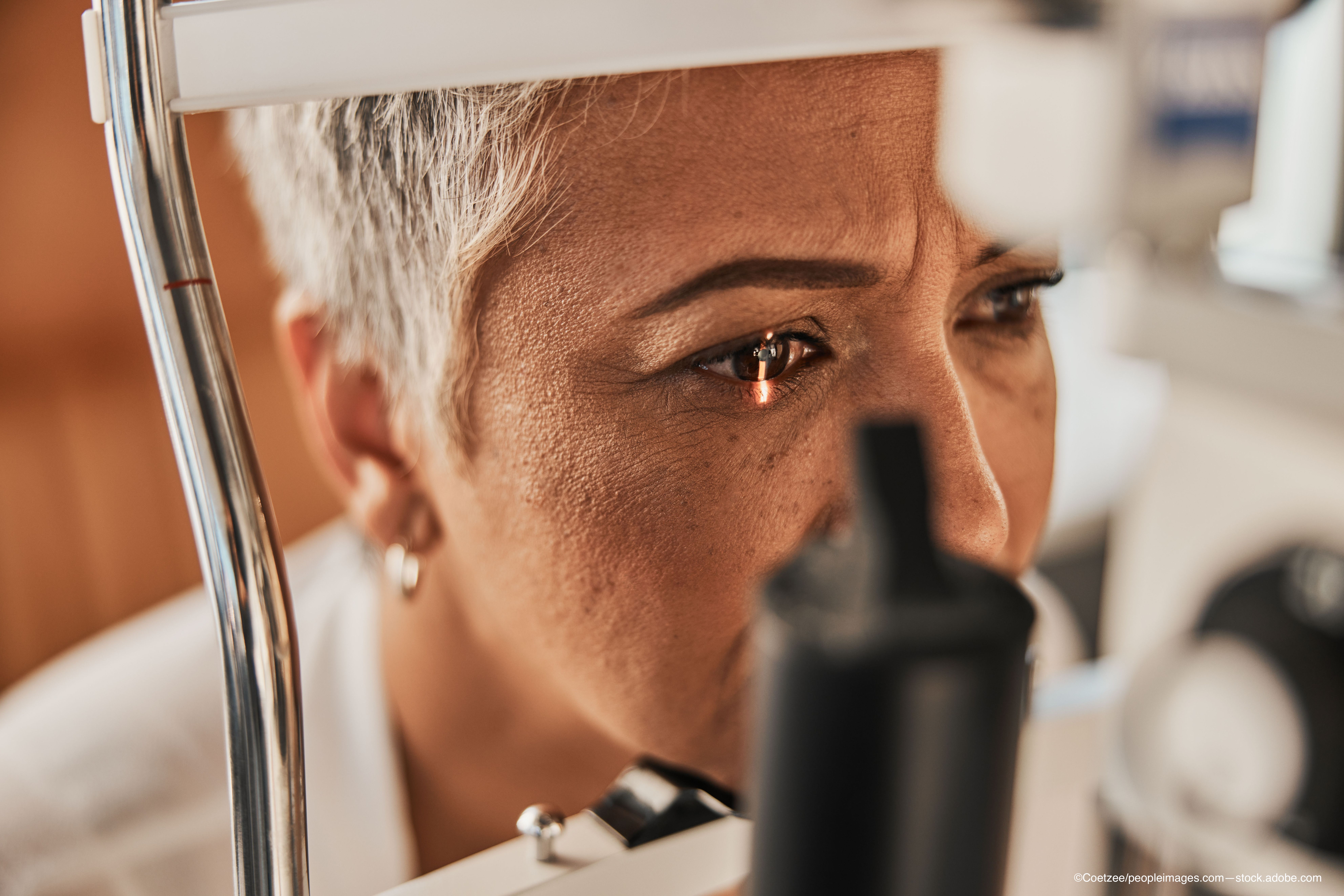Modern Retina: Top 5 stories from 2023
Catch up on a few of the top stories from Modern Retina in 2023.
(Image credit: Adobe Stock / Coetzee/peopleimages.com)

The past year in the retina space and eye care, overall, has been full of news, from FDA approvals for new treatments to new research unlocking our understanding of complex conditions. As we look back on 2023, we’re highlighting 5 of Modern Retina’s top articles to make certain that you didn’t miss them.
First up, from the fall issue, is a deep dive into the current progress in 2 diseases: Stargardt disease and retinitis pigmentosa (RP). In the article, we take a look at the research in gene therapy treatments is bringing forward new solutions for Stargardt and RP patients. With encouraging results so far, we look to 2024 to bring these solutions closer to the finish line and into retina practices across the country.
Read more about gene therapy: What’s to come?
Of course, 2023 may be known as the year of geography atrophy (GA) with 2 treatments approved by the FDA for the treatment of this form of advanced AMD. The FDA approved intravitreal pegcetacoplan by Apellis in February of 2023, bringing the first GA treatment to those affected by the condition and empowering retina specialists with a new tool to combat the disease. Iveric Bio’s avacincaptad pegol joined the treatment options in August, when it was approved by the FDA. As we approach the new year, eye care providers will continue to treat GA patients with these medications to preserve vision.
Read about the FDA’s approval of pegcetacoplan for GA
Read about the FDA’s approval of avacincaptad pegol for GA
Uveitic macular edema, the most common vision-threatening complication associated with noninfectious uveitis, occurs in one-third of patients with uveitis. So, studies to treat this condition are key to preserving vision in these patients. In our Summer issue, Sumit Sharma, MD, shared details from the DOVETAIL study for treatment of this condition.
Read more about the DOVETAIL study
In the final issue of the year, we shared a case report on the successful treatment of bilateral diffuse uveal melanocytic proliueration with plasmapheresis. In this case of BDUMP, eye care providers treated the patient, who was a A 49-year-old female, diagnosed with ovarian cancer 2 months prior, presented with metamorphopsias and blurry vision.
Read the report and see the figures here
Newsletter
Want more insights like this? Subscribe to Optometry Times and get clinical pearls and practice tips delivered straight to your inbox.